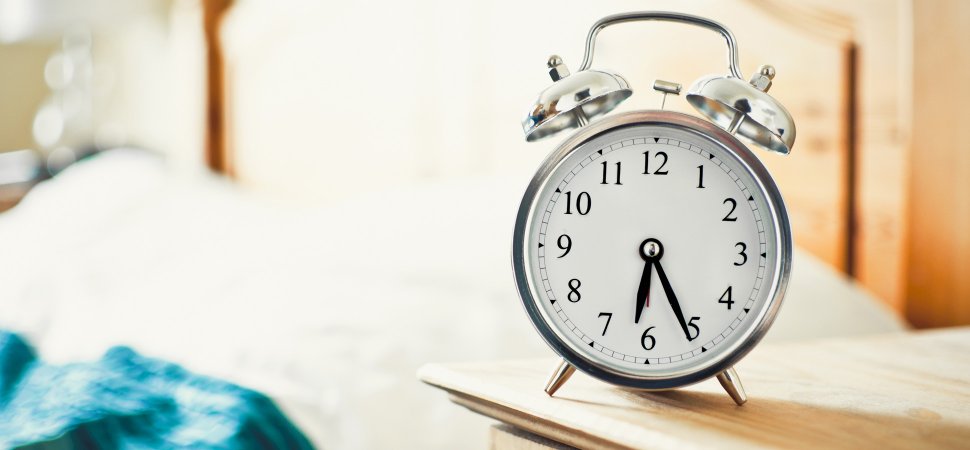Blog
The Importance of Sleep and How a Lack of Sleep can Affect Skin Health
Sleep provides the body with a chance to renew and rejuvenate itself. A lack of sleep means the body doesn’t have a sufficient amount of time to rejuvenate from the day before and therefore parts of the body, especially the skin cells, can remain damaged from previous days. Damaged skin cells appear dry, tired, wrinkled and grey. Skin luminosity and health is lost. One of the best ways to revive skin is through sleep.
How a Lack of Sleep Can Affect Skin
A lack of sleep can make stress levels soar. Stress causes the body to produce cortisol, the stress hormone, which then causes the oil glands in the skin to overproduce sebum. This can result in skin breakouts. Not getting enough sleep also triggers an inflammatory response within the body causing skin to become inflamed reducing skin cell function, resulting in reddening skin and causing breakouts to worsen.
As previously mentioned, not having enough time to renew cells can also weaken the immune system making skin susceptible to infection. And if that wasn’t enough, a lack of sleep can also lead to an increase in the amount of sugar and glucose in the body, making skin cells divide rapidly which increases the amount of dead skin cells, blocking pores and almost certainly causing breakouts.
What Does All This mean?
It means that a lack of sleep is detrimental to skin’s health. It isn’t enough to apply a moisturiser, take collagen capsules or apply a face mask – you must take care of your body as a whole for improved skin health. Topical treatments are only fighting half the battle.
Sleep provides the body with a way of healing itself – depriving yourself of it with continual late nights is not ideal for achieving a radiant, healthy complexion.
Ways to Get a Good Night’s Sleep
Firstly, get a routine in place. No screen time of any kind after 9pm – including phones, tablets, laptops, computers or even TV! These simply stimulate the brain and we want to promote a calm ambience.
Maybe read a book, do some relaxation techniques, bedtime stretches etc. Do not eat after 8pm either so that the body has time to digest before sleep.
Ideally you want to fall asleep between 10-11pm for your body to fully recharge. During the night, many functions can begin to renew themselves including the liver. Detoxification of the liver at night removing toxins from our body as a whole, enabling optimal liver function which in turn helps detoxify skin too.
During this time growth hormone is also released which plays a major part in the body’s natural healing process. Better sleep will help decrease cortisol levels and inflammation in the body. In conclusion – fall asleep between 10-11pm to get the most out of your body’s own natural restorative abilities.

